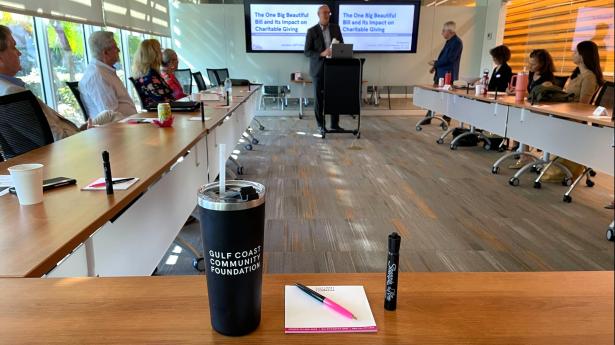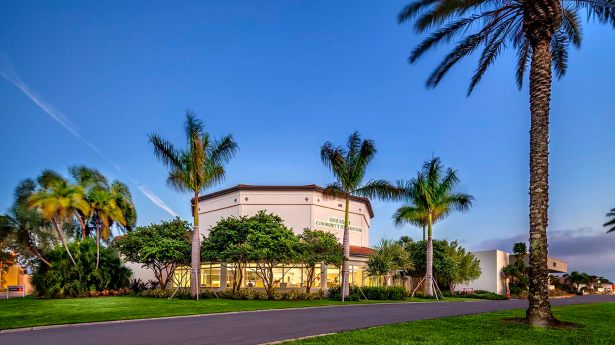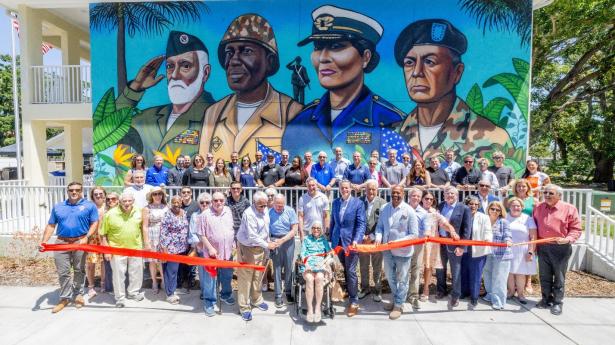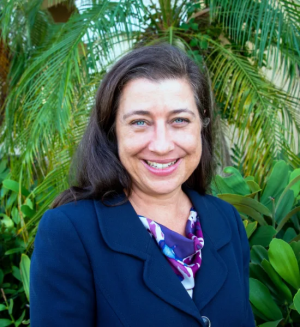
Protecting Our Waters, Together
In 2021, Gulf Coast Community Foundation (Gulf Coast) introduced a groundbreaking resource to guide collective action around one of our region’s most pressing issues: water quality. Along with the help of industry expert Dr. Jennifer Shafer, Gulf Coast has updated and relaunched the Community Playbook for Healthy Waterways.
We met with three individuals to understand what water quality means to them from both a personal and professional standpoint. Join us for a journey of Through The Eyes of…
Water Quality Through the Eyes of Dr. Jennifer Shafer:
Dr. Shafer is President of Shafer Consulting, Co-Executive Director of the Science and Environment Council of Southwest Florida and lead expert on the Water Quality Playbook.

“When I think of water quality, I don’t picture a test tube—I picture mangroves and seagrass beds teeming with life, dolphins surfacing, mullet jumping. I grew up in Sarasota, swimming at Lido, sailing the Bay, and exploring Point of Rocks. Those early experiences shaped my life and my career in marine science.
A clean, balanced ecosystem can sustain life at every level, from tiny algae to the fish and dolphins that define our coast. It also supports us—our health, our economy, and our quality of life. When water is polluted, everything suffers: beaches close, fish die, tourism declines, businesses struggle, and property values drop.
As a scientist, I’ve learned that chemical data—like nitrogen levels or dissolved oxygen—only tell part of the story. We also need to look at nature’s signals: Are oysters thriving? Is seagrass recovering? Are fish diverse and abundant? These are clues to the system’s resilience—its ability to bounce back from stressors like hurricanes or red tides.
In Florida, especially along the Gulf Coast, every environmental issue is ultimately a water issue. Clean water isn’t guaranteed. It’s a choice we make every day, in every policy, every vote, every backyard.”
Water Quality Through the Eyes of Alan Jones:
Alan Jones is the owner of Jones Potato Farm in Manatee County, a multigenerational farm known for its sustainable practices and community partnerships.
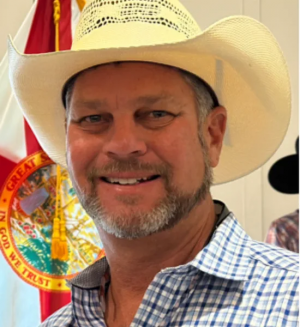
“I always want to leave the world a better place than how I found it. We have a lot less agriculture in the area, yet the water quality is getting worse. We’ve got a lot more population that’s moved out here lately and I think it’s been a real disconnect with our utilities in the county and the roles that they have in protecting water quality and releasing waters back into the environment that have been treated and denitrified.
We’ve implemented a number of water saving techniques in collaboration with the Southwest Florida Water Management District and we’ve developed a number of BMPs that have conserved over 57% of historical water use over what it originally was.
There’s a whole list of issues that most residents don’t even think of. First and foremost, it’s when you flush the toilet, that stuff just doesn’t go away and disappear. You know, it gets reintroduced back into the environment. We need to help educate not only the general population, but also the elected officials into the importance of septic sewer conversions in these high impact areas adjacent to open waters.”
Water Quality Through the Eyes of Captain Warren Girle:
Captain Warren Girle moved to Longboat Key in 1975 and has spent over 50 years as a guiding others across the local waterways through his charter fishing company.
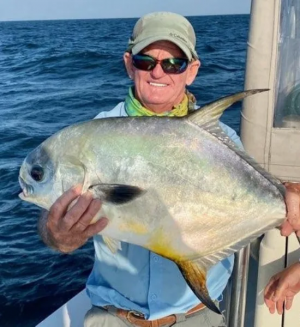
“Water quality means everything. We all live on it, with it, and a lot of us work on it. In my 50 years here I’ve seen a lot of changes, probably the biggest is the growth.
I’m a charter boat captain; we take clients out and show them a fun day on the water, catching fish, seeing the wildlife and the ecosystem. It’s not just about going out there and filling their freezer with fish, you know, it’s teaching them. There’s so many more people out on the water now, and the fishery just can’t sustain the amount of fish that are being taken out of the ecosystem day in and day out.
I’ve seen the decline in our grass beds, the decline in the fishery over the years. I don’t think we’ll ever see it back to where it was, you know, back in the 70s, when I first started fishing on these waters.
Back in 2018, when we had that awful red tide, like I’ve never seen before, it killed every fish. There was not a bait fish, a shrimp, a crab, anything living, and it was so bad that it killed out all of our grass beds. And without our grass beds, you know, you don’t have the crab, the shrimp, the bait fish, and if you don’t have that, you don’t have fish.
If everyone on the water would pick up one piece of trash every day, it would be a much, much better place for all of us.”
Together, these voices remind us that clean water is more than a resource—it’s a shared responsibility and an investment in our future. As Gulf Coast relaunches the Community Playbook for Healthy Waterways, we invite you to reflect on what water means to you—and to join the effort to protect it.
https://waterqualityplaybook.org/
